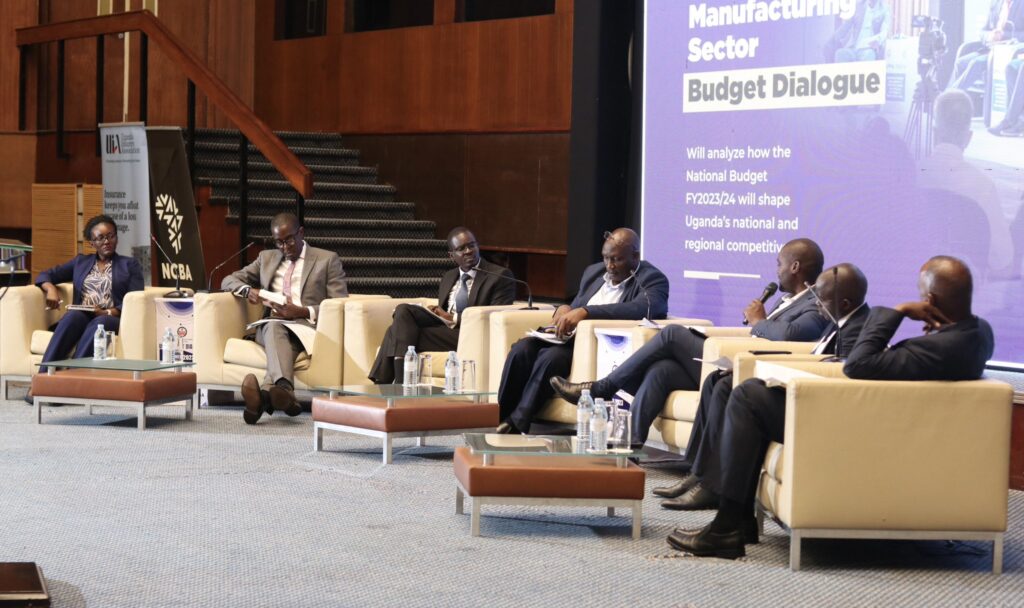The government has urged local manufacturers to focus more on the value addition of the existing raw materials.
According to David Bahati, the state Minister for Trade, Industries and Cooperatives, value addition will not only help to facilitate the development of the manufacturing sector but also help triple Uganda’s Growth GDP in a few years.
Bahati noted that the government is looking at building an integrated and self-sustaining economy through value addition, with a substantial amount of money to build industrial parks.
“We are committed to building 22 industrial parks in the next five years. And this financial year, we allocated money to build to start with five industrial parks, to facilitate the development of the manufacturing sector in this country and also have value addition for the products that we produce. So we are committed to adding value to everything that we are producing in Uganda, to making sure that what we’re exporting has value His Excellency (President Yoweri Museveni) has spoken about this, our GDP can triple even 10 times in the next five years. If we add value. A good example is coffee,” Bahati said at a Post Budget Conference organized by the Uganda Manufacturers Association.
He noted that the government is committed to making sure that whatever is produced, gets and secures its market, both locally and internationally.
“We want to ensure that the things that are produced on the market can be consumed on the continent. So government working with other governments on the continent, under the African Union, needs now to ensure that we build this infrastructure to facilitate you in the business,” he said.
Value Addition
While receiving an update on the progress of the resolutions made by the Presidential CEO Forum from the Presidential CEO Forum Chairman, Ms Barbara Mulwana, and the Vice Chairman of the Presidential CEO Forum, Mr Emmanuel Katongole, at State House Entebbe, President Yoweri Kaguta Museveni noted that African economies must undergo a transformation from raw-materials producing economies to economies that are based on horizontal and vertical integration ─ from the garden to the table for food products (e.g. coffee) and to finished products for all the other items.
He promised to protect local manufacturers from unfair competition.
He also called upon companies from the West to interest themselves in investing in Africa, especially in process manufacturing rather than focusing on importing raw materials from Africa which has kept the continent backward.

Meanwhile, Speaking at the Dialogue, Deo Kayemba, the chairperson of UMA, expressed gratitude to the government for presenting a budget that reflects its commitment to development.
He noted that the Ugandan budget has witnessed a remarkable growth of 370% (2012/13 to 2023/24), fueling progress in various sectors of the economy and positively impacting the manufacturing industry.
“The budget highlights significant figures, with the Government of Uganda’s Development Expenditure amounting to Shs 6.1 Trillion, external project support financing totalling Shs. 8.3 trillion, and domestic arrears standing at Shs. 215.8 billion, these substantial amounts indicate the potential for exponential economic growth,” he said.
However, he expressed the need for government to prioritize Ugandan companies through the BUBU (Buy Uganda, Build Uganda) policy, ensuring that this growth stays within the local economy.











